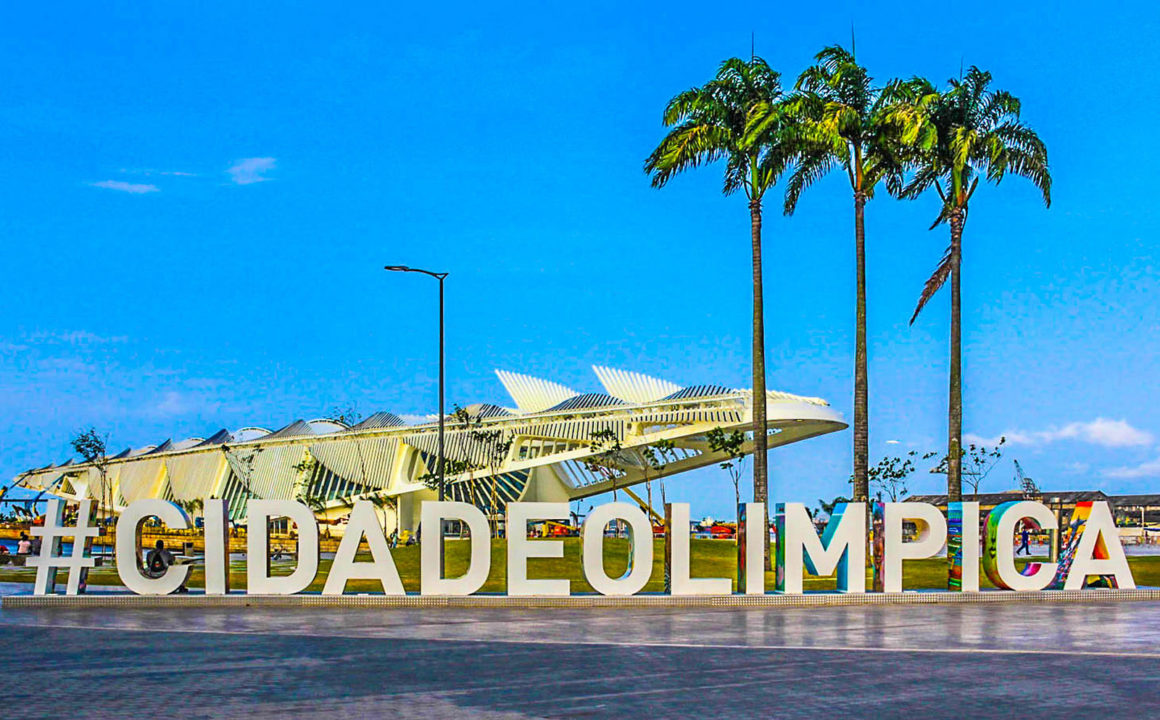
We can’t ignore the politics of this year’s Olympic Games
By Derek Baker, August 2 2016 —
Rio de Janeiro will host the 31st Summer Olympic Games from August 5–21. But as excitement bubbles amongst the world’s top athletes — all vying for golden aspirations and national pride — so does controversy surrounding the international event.
Venue construction is behind schedule. There are concerns in maintaining security in a city plagued with disparity. And the Zika virus, declared a Public Health Emergency by the World Health Organization, has the potential to spread globally with the influx of foreign tourists.
The problem of justifying the cost of the Olympics isn’t new, nor is it a debate that will soon go away. Even in Calgary — a city with sustainable Olympic infrastructure — there is disagreement on whether a bid for the 2026 Winter Olympic Games is worth the exorbitant cost of hosting the event.
Many people question how Brazil, which has faced difficulty financing the games, was selected as a host. The cost of recent Olympic Games has grown outrageously high with the construction of venues, infrastructure and security all adding up to a hefty price tag. Given the financial burden, one would think the International Olympic Committee would select a host capable of footing the bill.
But during the bidding period, Brazil actually appeared to be a viable country to host the Olympics.
Leading up to 2009, Brazil experienced rapid economic development, as to be expected with its other BRIC — Brazilian, Russian, Indian and Chinese — affiliates. During the global financial crisis that ravaged many national economies, Brazil’s gross domestic product shrank by a mere tenth of a per cent in 2009, then rebounded strongly by growing by 7.5 per cent in 2010 — more than twice that of Canada.
So what went wrong?
The Brazilian economy began to slow in 2014 and eventually collapsed. Falling commodity prices such as oil along with bribery scandals in state-run companies were factors in the economic hardships. In a country that is struggling to pay its civil servants, the cost of the games is an estimated $11 billion.
The perceived prosperity from the former economic development led to rapid urbanization and densification of Brazil’s cities, including Sao Paulo and Rio de Janeiro. This led to the formation of massive slums — favelas — within cities. Here, violent crime runs rampant. A lack of resources to address urban poverty and supply adequate policing sustain the dangerous conditions in these communities.
Though Rio de Janeiro made a moderately successful effort to pacify these communities, crime has spiked in favelas. This poses a risk for visiting Olympic athletes. A large favela is only a few blocks away from the opening ceremonies and the Maracanã soccer stadium.
Brazil ranks ninth amongst the world’s most unequal countries, as measured by the World Bank’s Gini index of income inequality. Disparity between rural and urban regions exacerbates the issue, with above-normal levels of poverty in both areas. The lack of opportunity for many Brazilians to develop economically makes it much harder to justify the amount Brazil spent preparing for the Olympics.
Coupled with these economic and political concerns is the looming threat of internationally spreading the Zika virus. Zika is transmitted by tropical mosquitos and has been attributed to birth defects in the neurological development of infants. The disease is also linked with a diagnosis of the peripheral nervous system-damaging disease Guillain-Barré syndrome, which can be fatal.
As hundreds of tourists travel to Brazil to spectate the games live, the amount of people at risk of being exposed to the disease increases greatly. Contradicting studies offer differing conclusions on the extent of this risk.
So what can we do as students and spectators? The answer is pretty underwhelming — we can’t do much. Deciding not to watch the competition isn’t going to magically fix Brazil’s societal problems. And it’s too late for the Olympics to be moved to a country that has a greater ability to pay for them.
But it’s important to be conscious of the problems we face around the world. It’s not enough to simply watch the games this year and ignore the economic disparity that persists between the host country and visiting athletes. We don’t live in a bubble, and remaining ignorant will only perpetuate international dilemmas.
Sport has the ability to capture the attention of audiences around the world. But often this attention doesn’t acknowledge larger social and political issues beneath the surface of major sporting events. As viewers it’s important for us to recognize this disparity and dive deeper into the political concerns surrounding Rio so we can actively challenge them.
